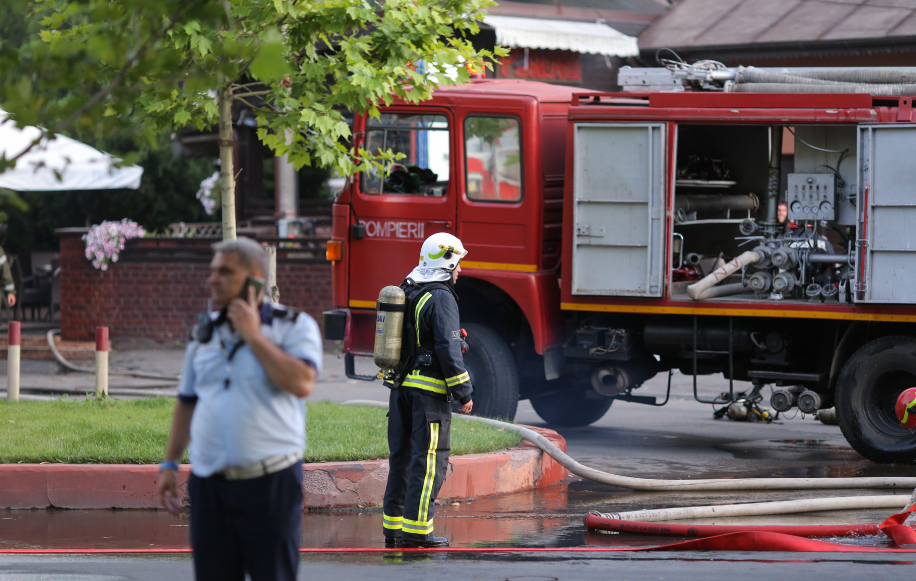ONCE FIRE IS EXTINGUISHED, POLICE CANNOT ENTER A HOME TO COLLECT EVIDENCE WITHOUT A WARRANT – EVEN IF FIREFIGHTERS SAW MARIJUANA INSIDE WHILE PUTTING FIRE OUT
The Ohio Court of Appeals recently held that police may not search a house without a warrant unless police show that evidence they believe is in the house is in danger of being damaged or destroyed.
If police are unable to show evidence was likely to be destroyed in an emergency situation, then there is an expectation of privacy that police may not come in the house without a warrant. State v. Smith , 2018-Ohio-3436.
FIREFIGHTERS SEE POSSIBLE ILLEGAL DRUGS AND TELL POLICE; POLICE SEIZE THE DRUGS
In Smith, firefighters responded to a fire located in the basement of a house owned by Defendant. Firefighters forced entry into the basement, and began fighting the fire.
Once the fire was under control, a fire investigator began his investigation into the cause. As he was attempting to locate the fuse box, he noticed that a bookshelf that was in the comer had been moved and exposed a hidden room. This secret room contained bright green vegetation and a lot of electrical lines and surge protectors. He focused on this area because he believed that the origin of the fire was in the basement, and it appeared to be electrical in nature.
Firefighters contacted the police and the Central Ohio Drug Enforcement Task Force (CODE) was contacted to investigate the apparent marijuana grow operation. Non-firefighting personnel were prohibited from entering the home until the firefighter in command made the call that the fire was fully extinguished and the residence was safe to enter. Once inside, police found evidence of a marijuana grow room. Defendant was charged with illegal cultivation as well as marijuana possession and paraphernalia.
FOURTH AMENDMENT
The Fourth Amendment states warrantless searches and seizures are not allowed unless police can show the search falls into one of seven exceptions to the rule. Katz v. United States, 389 U.S. 347, 357, 88 S.Ct. 507, 19 L.Ed.2d 576 (1967). The Exceptions are:
- A search after an arrest
- When someone consents to an officer searching their home
- When an officer performs a “stop and frisk”
- When an officer is in pursuit of a fleeing suspect
- Exigent or emergency circumstances
- When evidence is in plain view
- An administrative or inventory search
Generally speaking, citizens have a reasonable expectation of privacy in their homes, and police cannot intrude on that privacy without a warrant or without the search falling into one of the seven exceptions. Stone v. Stow, 64 Ohio St.3d 156, 164, 593 N.E.2d 294, fn. 4 (1992).
EMERGENCY CIRCUMSTANCES
The emergency circumstances exception is based on the idea that the existence of an emergency situation, where police must respond, allows police to enter a home without a warrant to preserve evidence that may possibly be destroyed. State v. Cheadle, 2000 WL 966167.
In Smith, the police officer stated he was able to enter the home and confiscate the illegal drugs because the fire in the home had created an emergency situation where the evidence of the crime had potential to be destroyed.
The Court rejected the state’s argument and ruled in favor of Defendant. The Court noted that the police officer did not enter the house until the fire had been completely extinguished, and did not let police into the house until the area was deemed to be totally safe for people to enter. Since the evidence was actually not in danger of being destroyed, the emergency circumstances exception to the Fourth Amendment did not apply and police would be required to obtain a warrant if they wished to search the house. State v. Smith , 2018-Ohio-3436.



